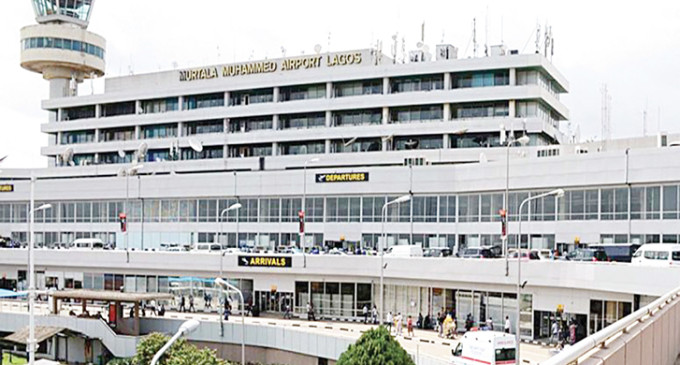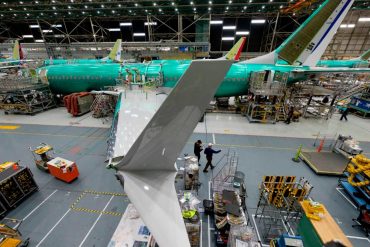By Wole Oyebade
05 November 2019.
The Nigerian Airspace Management Agency (NAMA), yesterday, hinted on the creation of a National Air Navigation Planning unit, to harmonise and oversee the implementation of diverse plans for the enhancement of air navigation in the country.
Specifically, the new planning unit will implement the National Air Navigation Plan, National Aviation System Block Upgrade (ASBU) Plan, National Air Traffic Management Plan as well as other International Civil Aviation Organisation’s (ICAO) developmental plans in Nigeria.For this purpose, NAMA has trained at least 20 personnel to run the newly created unit.
NAMA Director of Operations, Matthew Pwajok, said the job ahead of the team was strategic and critical, as the unit would research to define future requirements of NAMA and airspace user requirements, to enhance airspace capacity, air traffic management capacity, efficiency and economy, and safety of flight operations.
“If we must encourage traffic growth into our airspace, then we must develop strategic growth plans, be sensitive to airline equipage and their user requirements. We need not reinvent the wheel as ICAO has developed adequate strategies for the enhancement of capacity, safety, security, and efficiency among others. We must, therefore, domesticate these global plans into national plans for implementation in accordance with global, regional or national timelines and priorities,” Pwajok said.He noted that the team would be required to work towards ensuring the effective implementation of the three major global plans of ICAO, which are Global Air Navigation Plan, Global Aviation Safety Plan, and Global Aviation Security Plan.
“ICAO is drawing global attention to emerging challenges such as cyber threats or cyber security; therefore, we must develop a security plan for our Communication, Navigation and Surveillance/ Air Traffic Management (CNS/ATM) facilities.
“If these systems are hacked, safety and security could be compromised. Thus, the air navigation planning team will work in collaboration with other agencies as the implementation of some of these ICAO concepts requires collaboration with sister agencies, the users, the military, NCAA, and so on.”
The training, which held at the headquarters of the agency in Lagos, covered areas such as Global Air Navigation Plan and its priorities, Global Aviation Safety Plan, Global Aviation Security Plan, National Air Navigation Plan, and the National Aviation System Block Upgrade Implementation Plan.
The training focused on ASBU Block 18 modules, some of which include Airport Collaborative Decision Making; Performance Based Navigation with Vertical Guidance; Continuous Descent Operations and Continuous Climb Operations. Others are Surface Movement Radar and Ground Control; Arrival and Departure Management Systems; Digital Aeronautical Information Management (AIM), System Wide Information Management, Flight Information Collaborative Environment, as well as the strategic objectives of the different modules, their applicability and cost benefit analysis.




